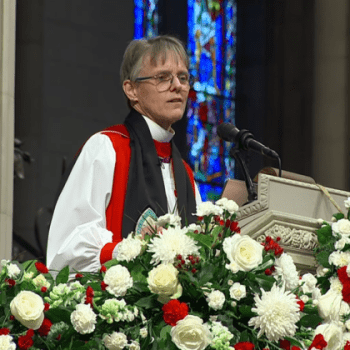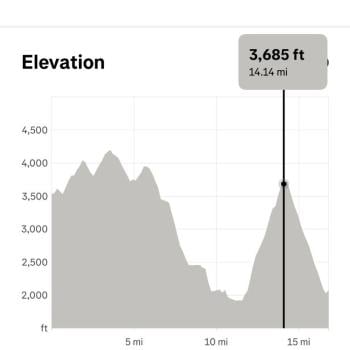The Selma March was successful. Despite the brutality, they were resolved: "We ain't goin' let nobody turn us around." Their courage awakened the conscience of the nation and galvanized the positive energy and good will of people. In response to their call, many religious people joined the march, and together they turned the march into a pilgrimage for democracy, justice, and human rights: the Voting Rights bill was passed later in the year. Segregation lost its ground in the South. The nation has never been the same after the Selma March.
King's time was one the brightest moments of Christianity in American history. As Jesus did himself, the church carried the cross of racism and division to Golgotha for the bright future resurrection of brotherhood and sisterhood. Democracy was reborn through the Selma March. On March 25, 1965, after a five-day, 54-mile march from Selma, Martin Luther King, Jr., standing at the steps of the capitol in Montgomery, Alabama, King told the assembled crowd: ''There never was a moment in American history more honorable and more inspiring than the pilgrimage of clergymen and laymen of every race and faith pouring into Selma to face danger at the side of its embattled Negroes.'' (Read his entire speech, ''Address at the Conclusion of the Selma to Montgomery March,'' in A Call to Conscience: The Landmark Speeches of Dr. Martin Luther King, Jr., [New York: Warner Books, 2001].)
Our society needs a new movement and a new march. There are growing economic inequalities with an inordinate concentration of power in corporations blessed with numerous exemptions, loopholes, and limitless access to politicians. We need a movement for economic rights and justice in this time of underemployment and unemployment. In his last book, Where Do We Go From Here: Chaos or Community?, King looks for another march, a march far larger in scale and more inclusive than his previous ones — a global march of humanity toward the beloved community.
Such a grand march needs to begin from our hearts, homes, and local churches. It begins when, perturbed by the suffering of people, we refuse to accept the status quo of injustices and the temptations of cynicism, nihilism, and self-indulgence. Complacency will turn into a stride when we believe that God's kingdom is a movement, not an institution. Our God is constantly on the move. We are God's exodus people, called to march with God to turn injustice to justice, division to unity, cynicism to hope, conflict to peace. Church without such a march has lost its call and purpose, its Kingdom quality.
Even after the Selma March, the task was not over for King. He proclaimed,
Let us march on poverty until no American parent has to skip a meal so that their children may eat. March on poverty until no starved man walks the streets of our cities and towns in search of jobs that do not exist. Let us march on poverty until wrinkled stomachs in Mississippi are filled, and the idle industries of Appalachia are realized and revitalized, and broken lives in sweltering ghettos are mended and remolded.
This is also the call to us today as our God marches on.




